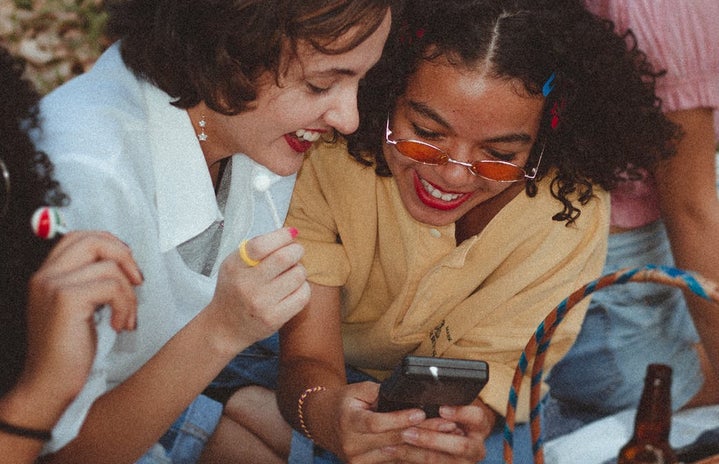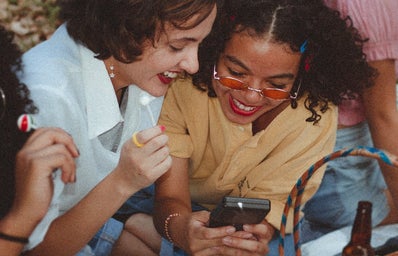Social media plays a huge role in shaping our vocabularies whether we realize it or not. Early last year, a fairly common term surged in popularity and seemed to take on a new meaning as it spread across Twitter. Now, this term is something I see or hear almost daily whether it’s in passing or on one of my social media feeds. The term in question is the word “crackhead.” The term is often used by young people on social media to describe their friends’ “crazy” behavior. The intention behind the use of this word likely isn’t coming from a place of malice; people just may not be aware of the roots of the term. It goes far deeper than just a trendy thing to jokingly call people. Not only does the word mock those who struggle with drug use, but it’s racially charged and dates back to Nixon’s War on Drugs.
A brief history lesson: The war on drugs was just the beginning of widely criminalizing drug use and unfairly targeting Black people in the process. Nixon’s War on Drugs heavily cracked down on marijuana and heroin use, and worked as a tactic for making the general public “associate the hippies with marijuana and blacks with heroin.” This was just laying the groundwork for what was to come from the second phase of the War on Drugs.
The term crackhead came into the American lexicon in the 80s during Ronald Reagan’s presidency as his “Just Say No” campaign expanded the War on Drugs. This campaign utilized the media as a tool to depict people addicted to “crack,” a form of cocaine that could be smoked. The crack epidemic that was quite literally created by Reagan largely impacted Black communities, unfairly creating an association between blackness and “crackheads.” The War on Drugs is the largest example of the mass incarceration of people of color in the US to date. Numbers jumped from 50,000 in 1980 to over 400,000 by 1997 as people were locked up for nonviolent drug charges.
Another reason to discontinue use of the word is because how it mocks people who are mentally ill or struggling with drug use. Drug addiction is no joking matter, as 19.7 million adults in the US struggle with substance abuse. Drug use and addiction has been so heavily stigmatized over the years, and this often prevents people from getting help. According to The Addiction Center, homelessness and addiction go hand in hand. The government has little empathy for the homelessness crisis that exists across the country, and would rather vilify them instead of making housing or rehab accessible. Rehabilitation programs are insanely expensive, making getting “clean” a privilege few can afford.
While crackhead isn’t a slur, it’s still important to consider the history behind the word and the implications it has before using it in your daily vocabulary. There are far more creative things you can call your friends. If crackhead is something that cycles through your conversations, I encourage you to try to reduce your use of it.


